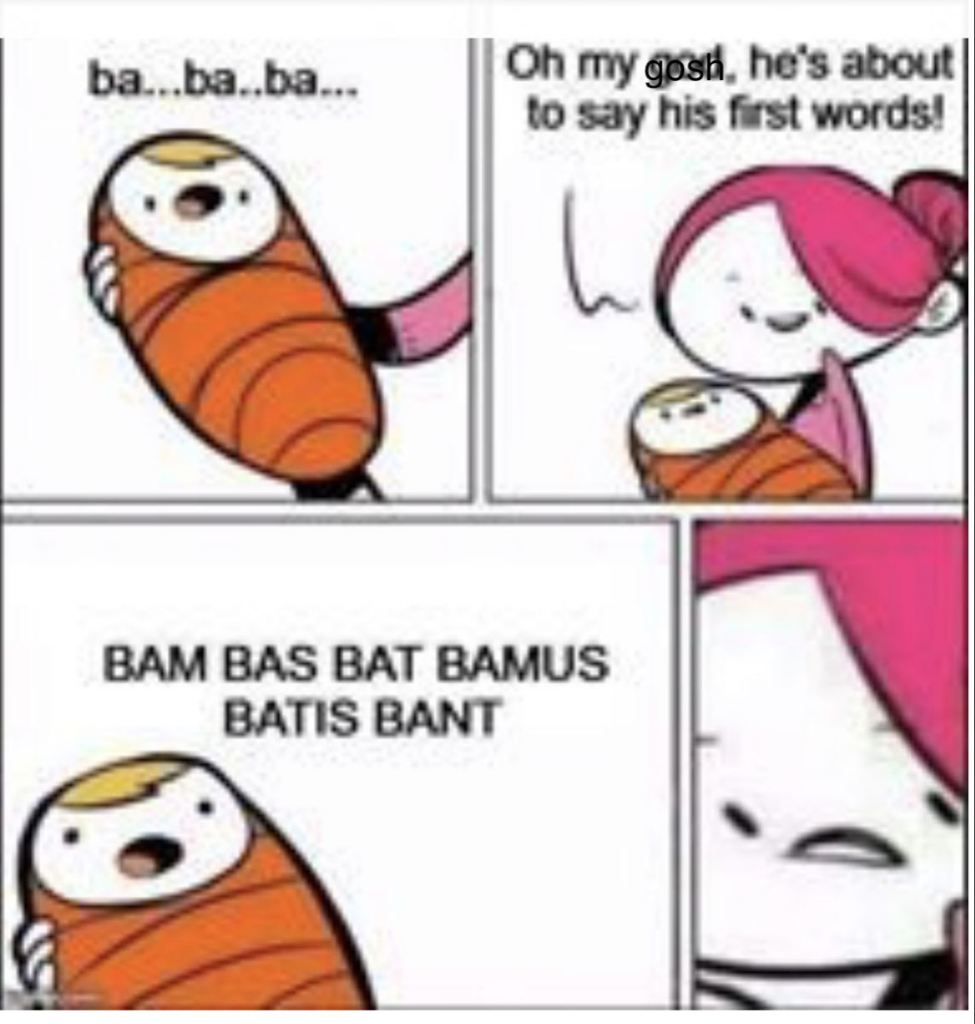School is back, Halloween is on the way (Reformation Day as well for the history buffs), and my household has put a temporary ban on visiting downtown Brunswick. Bridge construction, closed roads, and the frustratingly beautiful scenes of people practicing freedom of assembly have turned what once was a fifteen minute, 2-turn drive into a nightmare of backroads and on-ramps. While my merging-induced road rage is currently driving the better part of me, I can still acknowledge that the new Brunswick-Topsham bridge will deserve a mildly bacchanalian celebration, perhaps aided by the growing revival of amphora-aged wine (available at Bow Street Market) and that the right to protest peacefully deserves protection, especially as its attackers reach back far before the modern era. But this is not my neighborhood Facebook group. Just as the “Head of Alexander” bust has finally been returned to its Italian roots, so too my personal grievances and self-pity must find their way back to the recesses of my mind.
On the other hand, emotional repression to the point of silence isn’t healthy. Getting stuck in one’s own mind can become another form of torment. We are communal creatures; verbal and physical communication is vital to culture and society. So why then is active and immersive pedagogical methodology often eschewed concerning our beautifully vibrant dead languages? I certainly felt the deepest level of understanding of my own mother tongue as I released my frustration out loud on 295 this evening.
Of course, that frustration has been perfected via over a decade of practice, which is why colloquia (now easily found on the new virtual library Colloquia Latina) are incredibly helpful tools for providing repetitive and consistent practice.
While my journey home tonight did in fact take less than ten years, I assure you I now have a much deeper understanding of Odysseus’ own travels and travails. For those who are curious about this feeling, consider taking the less travel-heavy way and check out the recent interactive novel You are Odysseus by Laura Jenkinson Brown.
Upon reflection though, the mythological figure I most relate to right now is Medea – pushed aside, my love turned to bitter rage, forced by fate (or my own personal choices) on paths unknown. So maybe Natalie Haynes’ new novel No Friend to This House is more my speed right now.
But are these words enough to really show my disdain? Perhaps I need to consider Boudicca’s example and really push back against the orange “man” (obviously referring to traffic cones). I suppose, however, that that way disrespects the lawful peaceful protests, so I guess for now I will content myself to live vicariously through Elodie Harper’s novel Boudicca’s Daughter.
While I bemoan my own personal inconveniences, the Brunswick protesters are highlighting the real struggles and fears of marginalized people in America. In our own field of Classics, Dan-el Padilla Peralta is also brazenly calling attention to how the very concept of Classicism can lead to marginalization and exclusivity of Black life. It is indeed easy to dramatize one’s own perceived victimhood when one’s identity is not being denied.
With each letter typed, my rage abates. Although I lauded my own refusal to repress, perhaps I need to take a lesson from the Ancient Greeks and better my means and manner of communication. May tonight grant me an oneiric katabasis, from which I hope to return lightened and enlightened. If not, may brief reprieve from my ire be granted to me as ClassicsTober begins tomorrow, whose theme just so happens to be katabasis (share your participation in the Classics-themed Inktober with us on Instagram!).






